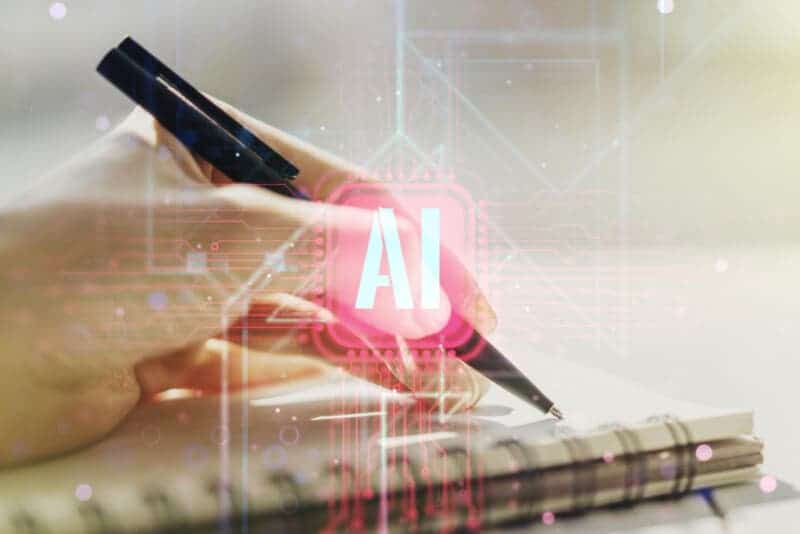The U.S. Department of Justice (DOJ) has recently appointed its first Chief AI Officer, signalling the government’s increasing focus on the potential risks and benefits of artificial intelligence (AI). In a speech at the University of Oxford, Deputy Attorney General Lisa O. Monaco referred to AI as “the sharpest double-edged sword” and highlighted the need for responsible and ethical use of the technology. This article will explore the promises and perils of AI, as well as the DOJ’s approach to regulating its use.

The Promise of Artificial Intelligence (AI)
AI has the potential to revolutionize many industries, from healthcare to finance to transportation. It can be used to analyze vast amounts of data, identify patterns and trends, and make predictions with a high degree of accuracy. In the criminal justice system, AI can be used to assist with tasks such as triaging tips submitted to the FBI by the public, classifying and tracing the source of opioids and other drugs, and synthesizing evidence collected in significant cases.
AI can also be used to enhance national security by identifying potential threats and vulnerabilities. For example, it can be used to analyze social media posts and other online activity to identify individuals who may be planning terrorist attacks or other acts of violence. It can also be used to monitor critical infrastructure such as power grids and transportation systems to detect and respond to potential threats.
The Perils of AI
Despite its many promises, AI also poses significant risks and challenges. One of the biggest concerns is the potential for bias and discrimination. AI algorithms are only as unbiased as the data they are trained on. This means that if that data is biased, the algorithm will be too. This can lead to discriminatory outcomes in areas such as hiring, lending, and criminal justice.

Gizchina News of the week
Another concern is the potential for AI to be used for malicious purposes. For example, AI can be used to create deepfakes. These are realistic but fake videos or images that can be used to spread disinformation or manipulate public opinion. AI can also be used to automate cyberattacks, making them faster and more effective.
The DOJ’s Approach to AI
Given the potential risks and benefits of AI, the DOJ has taken a proactive approach to regulating its use. In her speech at Oxford, Deputy Attorney General Monaco announced the creation of “Justice AI,” a group that will convene individuals across academia, science, industry, and foreign counterparts to ensure that the DOJ accelerates “AI’s potential for good while guarding against its risks.”
The DOJ has also appointed its first Chief AI Officer to coordinate its efforts. The department is also creating guidance on its use of AI to ensure that it uses the technology responsibly. The DOJ is also coordinating its law enforcement and civil rights teams, along with other AI experts, to form an Emerging Technology Board. This board will advise the DOJ on how it can use AI responsibly and ethically.
Furthermore, the DOJ is also taking a tough stance on crimes involving the misuse of AI. Deputy Attorney General (DAG) Monaco highlighted that AI is “the sharpest double-edged sword”. The DAG also said that AI can enhance the danger of a crime, just like a firearm. Going forward, the DOJ will seek tougher sentences for offences “made significantly more dangerous by the misuse of AI.” Monaco said
“Every new technology is a double-edged sword, but AI may be the sharpest blade yet. It has the potential to be an indispensable tool to help identify, disrupt, and deter criminals, terrorists, and hostile nation-states from doing us harm.”
Conclusion
AI is a powerful technology that has the potential to transform many aspects of our lives. However, it also poses significant risks and challenges. This includes the potential for bias and discrimination, the creation of deepfakes, and the automation of cyberattacks. The DOJ is taking a proactive approach to regulating the use of AI. It is creating guidance on its use of the technology and seeking tougher sentences for offences involving its misuse. As AI continues to evolve, it will be important for governments, businesses, and individuals to work together to ensure that it is used responsibly and ethically.




